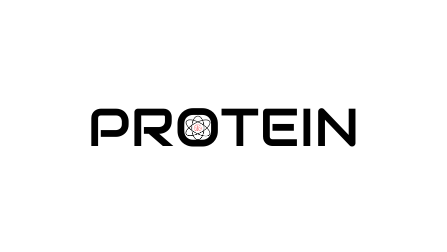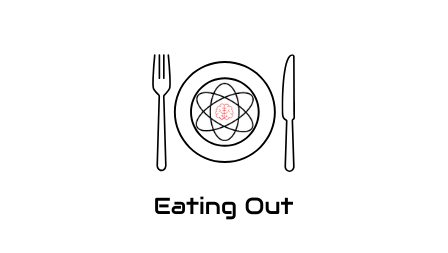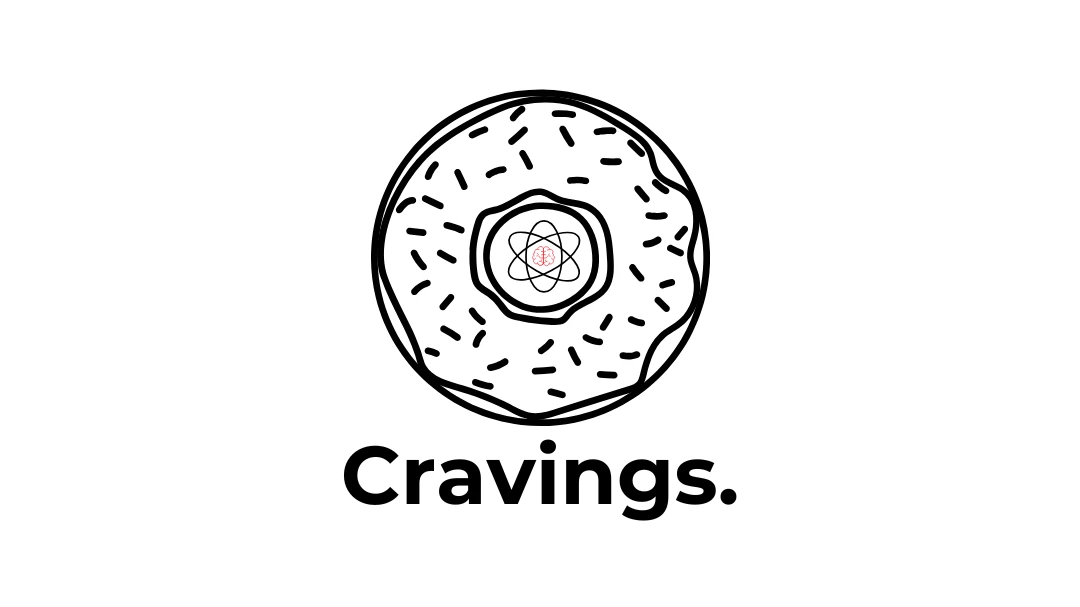The Ultimate Guide to Protein for Muscle Building and Weight Loss
Studio Fit U
Nutrition
Published: 08/04/2025
Update: 08/04/2025

Table of contents
You’ve probably heard that protein is essential for building muscle or holding onto it while you’re losing weight. But when it comes to the actual how much, how often, and where to get it — things can get a little confusing.
Besides, most people don’t really know how much protein they need. Even worse, many are seriously under-eating it every day — and that’s killing their progress, whether it’s in the gym or with fat loss.
Why Protein is Crucial
Protein is the building block of muscle. Every time you train — especially with resistance or strength workouts — you’re causing tiny tears in your muscles. That’s not a bad thing. It’s actually what triggers growth. But in order to repair and rebuild, your body needs protein and the amino acids that come with it.
If you’re not getting enough protein, your recovery suffers. Without proper recovery, you’re not just stalling progress — you could be regressing. One thing a lot of people don’t realize: your body doesn’t store protein the way it does with carbs or fat. That means you need to eat enough every single day to keep things moving forward.
When it comes to weight loss, protein is just as essential. It keeps you feeling full, and most importantly, it helps preserve your muscle mass while you’re cutting body fat — if you pair it with resistance training. So whether you’re trying to bulk up or lean out, getting your protein in is a non-negotiable.
How Much Protein Do You Actually Need?
A lot of people think they’re eating enough protein. But when you break down their daily intake — especially breakfast and snacks — it’s usually not even close. (Spoiler: a coffee and muffin won’t cut it if you’re trying to get leaner or stronger.)
How much you need depends on your activity level and goals. For the average person with no major fitness plans, the bare minimum is around 0.5g of protein per pound of body weight per day. So, if you weigh 180 lbs, that’s about 90g per day.
Now, if you’re trying to build muscle or lose fat, you’ll want to aim higher — around 1g of protein per pound of body weight per day. Using the same example, at 180 lbs, you’d be shooting for 180g of protein every day.
Not sure what that looks like? For reference, one egg has about 6g of protein. So if you were getting all your protein from eggs (which I don’t recommend), that’d be around 30 eggs a day. Luckily, we’ve got better options.
Top 10 High-Protein Foods for Muscle Growth
Here’s a go-to list of high-protein foods to help you hit your target, whether you're aiming to gain muscle or lose fat. We’ll also throw in some quick tips on how to make the most of each one.
1. Chicken Breast
The Rolls-Royce of protein. About 25–30g of protein per 100g. It’s lean, versatile, and a staple in most muscle-building diets.
2. Eggs
Each egg has 5–7g of protein, depending on size. They’re a complete source of protein, meaning they’ve got all essential amino acids. Scramble ‘em, boil ‘em, however you like.
3. Ground Turkey
Also super lean and easy to swap in for ground beef. It delivers similar protein levels to chicken — around 25–30g per 100g.
4. Greek Yogurt
Roughly 9–10g of protein per 100g. Go for 0% fat if you’re watching calories — great as a snack or part of breakfast.
5. Tuna
Basically pure protein: 25g per 100g. Very low in fat, and perfect for quick meals. Just watch the mercury if you're eating it daily.
6. Cottage Cheese
A great nighttime option with 10–14g of protein per 100g. It digests slowly, which can support overnight recovery.
7. Lentils
Top-tier plant-based option. Cooked lentils have about 9g of protein per 100g, plus a good dose of fiber. Great in soups, salads, or as a side.
8. Tofu
One of the best vegan protein sources. 8–15g per 100g, depending on firmness — the firmer it is, the higher the protein. Super adaptable in dishes.
9. Salmon
A premium choice — 20g of protein per 100g, plus healthy omega-3s. Great for muscle growth and inflammation reduction.
10. Quinoa
A rare complete plant protein. 4–5g per 100g (cooked). Low-ish on protein, but high in fiber and a great complement to other protein sources.
Do not hesitate to keep this guide around or to bookmark it and come back to it later. It can be a lot of information when you're just starting your journey but don't worry you'll get there. Also, if you have any question about your goals, your protein intake or anything that we can help with, you can always get in touch with us.
In the same category

Avoid These 4 Common Nutrition Mistakes If You Want to Lose Fat and Build Muscle Faster
Nutrition
Learn more

Personal & Personalized Training
MONTREAL
4824 Ch. de la Côte-des-Neiges, Montréal, QC H3V 1G4